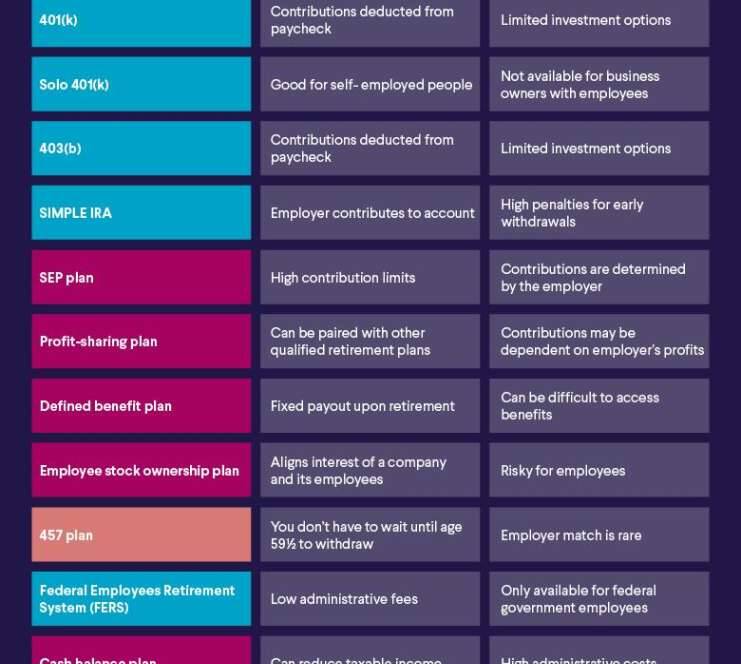Table of Contents
How I Confronted a Secret Remote Job Conflict: A Cautionary Tale
Uncovering Overemployment Issues
In January, I made the difficult decision to terminate an employee for covertly managing a second full-time remote position during scheduled work hours. As the co-founder and Chief Commercial Officer of Metrickal, a company specializing in business process outsourcing and remote recruitment, this situation raised serious ethical concerns regarding overemployment and its potential impact on productivity.
The Context of My Decision
Located in Barcelona, my company operates with a fully remote workforce. One specific employee, hired in 2022 and based in Peru, initially demonstrated strong performance. However, as time passed, I began receiving increasing complaints from clients regarding missed tasks and deadlines. Additionally, the employee became noticeably less communicative.
Flags Raised
When this individual started declining shifts they previously accepted without issue, I grew concerned that there might be more than just workload issues at play. Although I had suspicions about their commitment to my company’s needs—there was insufficient evidence to accuse them outright. Instead of jumping to conclusions prematurely, I opted for direct communication through one-on-one performance reviews.
Despite encouraging signs at times during our discussions about their responsibilities—and assurances of improvement—their overall work quality remained lackluster. This decline ultimately placed additional strain on my team as they scrambled to cover responsibilities linked to unfulfilled assignments.
Implementing Time-Tracking Software
In December—unrelated to the aforementioned performance issues—I decided it was crucial for effective management moving forward to implement time-tracking software called DeskTime across our organization. My intent behind this was twofold: first; it would provide insights into how employees allocate their time throughout the day; second; it set the foundation for my goal of transitioning towards a four-day workweek by optimizing productivity parameters within our team.
All employees were required to install DeskTime on their devices so everyone understood its purpose and expectations going forward clearly.
The Discovery
After several weeks of data collection through DeskTime’s monitoring system concerning various project engagements within our workforce—including that underperforming employee—I stumbled upon alarming patterns: evidence suggesting this individual was regularly handling tasks assigned by another US-based firm while still employed with us.
Addressing Ethical Concerns
Upon confirming these findings via thorough assessment reports from DeskTime combined with previous observations about subpar job engagement levels—it became evident that allowing such behavior would undermine not only team morale but also compromise overall operational efficiency across various projects we were diligently overseeing at Metrickal.
Consequently—after careful consideration—I chose transparency over ambiguity; hence promptly terminating his employment under policies reflecting ethical standards central both personal integrity values inherent within organizational culture alongside wider industry norms surrounding responsible employment practices today!
This experience underscored significant ramifications associated with overemployment—a relevant topic amid growing prevalence within today’s remote working landscape—where professionals balance multiple roles amidst demands beyond typical boundaries! It highlights why diligence remains essential when navigating one’s professional commitments while ensuring accountability prevails among all team members engaged collectively toward delivering consistent success stories together moving forwards!






